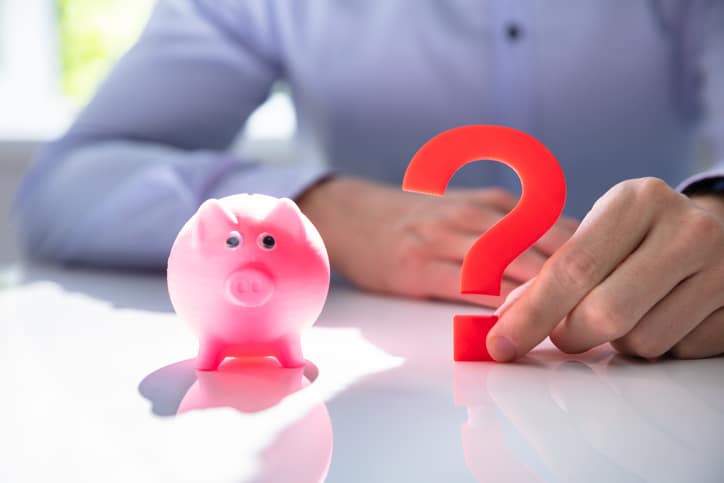When it comes to money management, one of the basic financial questions that needs to be answered is whether you would be better off paying down your debt or saving up a nest egg. The simple answer is that it is almost always best to pay off debt before committing to savings. Here is why…
Why should I pay my debts first?
Simply put, debt will cost you more than you can earn from savings. Both have interest rates attached to them, and while interest on savings means money in your pocket, interest on your debt means money you have to pay out.
Savings interest rates are significantly lower than the interest you are charged on debts. For example, say you had a savings account that paid 1.4% in interest and a credit card with an APR of 18%. Over one year you would only earn £14 on £1,000 worth of savings, whereas you would have to pay £180 in interest on £1,000 of credit card debt.
From an early age we are taught that savings are essential – and they are – but if you have debt that is costing you more than your savings can bring in, then the answer is simple. Always try to pay off your debt before contributing to your savings.
Further to that, try to pay off your most expensive debt first. Not all debt is charged at the same interest rate, and if you are in a position where you have a large outstanding balance on an expensive credit card that has compounded interest, make sure you tackle that first before other debts which may not carry as high a rate.
Are there exceptions to the rule?
As with anything in life, there are always exceptions. In the case of debts versus savings, there are a few scenarios where paying off your debt first doesn’t make sense:
Penalty charges on early repayment – There are some debts, such as certain mortgages, that carry an early repayment charge. As this charge may often be in the thousands of pounds, a lot of the time it doesn’t make sense to pay off that debt and incur such a cost. Early repayment where there is a charge would only add up if you could find a savings account with an interest rate high enough to earn you sufficient interest to offset the early repayment charge, and higher than the rate you are charged on your mortgage. Otherwise, continue to stick to your repayment schedule and contribute to your savings (unless you have other types of debt outstanding).
Student loans – Student loans are a different type of debt due to the fact that – depending on which plan you are on – the interest rate is kept in line with inflation and the debt will eventually be written off. Learn more about whether it makes sense to pay off your student loan here.
Interest-free debt – If you have been savvy with your debt and secured yourself interest-free borrowing, then it may not make sense to pay off debt over contributing to savings. For example, if you have a 0% purchases credit card and a repayment schedule that means the debt will be cleared before the card reverts to its standard rate, plus you have a savings account with a decent rate of interest, then you are likely to benefit more by sticking to your debt-repayment plan and putting some money away each month.
Should I still save?
It is drummed into us that we should always have an emergency fund. And for most, this is the case and an emergency fund is a nice financial safety blanket to have. However, if debt is costing you more than you can earn from savings, it is a wise move to tackle that debt first before contributing to savings.
Generally speaking the time to save is when you are keeping up with your mortgage payments, you are paying your credit card bill in full each month, and you don’t have any other loans or credit commitments. It’s basic arithmetic: try not to put yourself in a position where you are spending more on debt than you are bringing in via savings.







